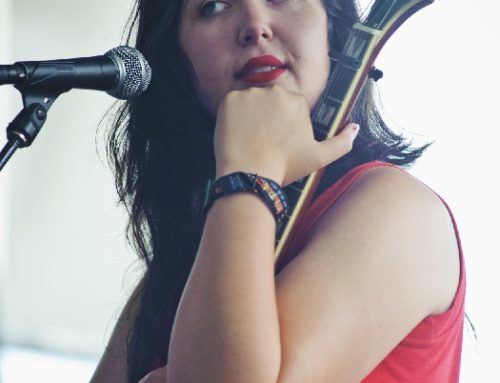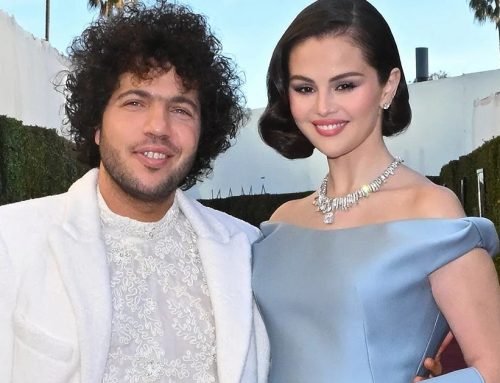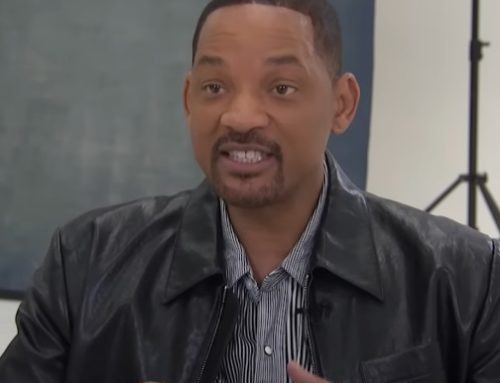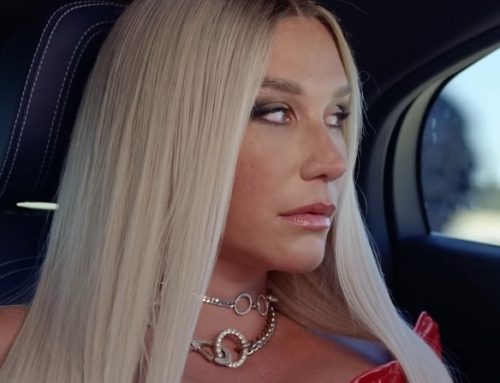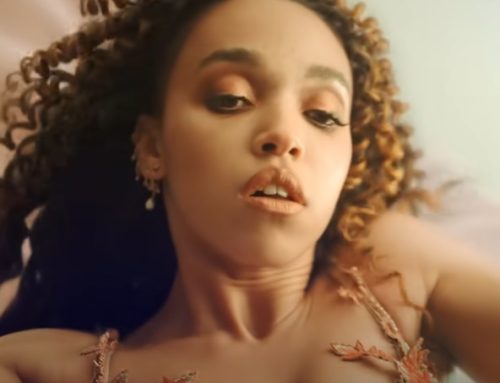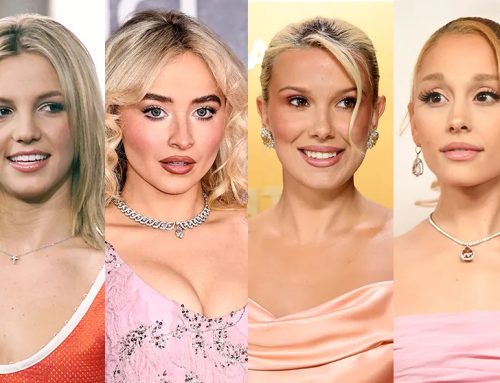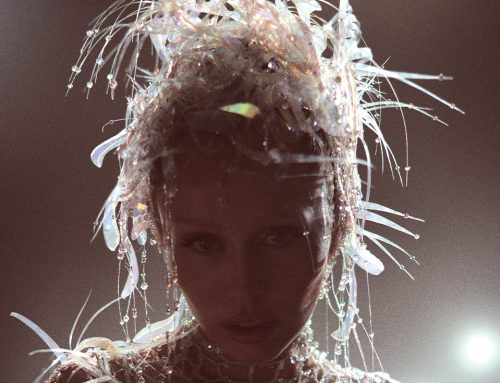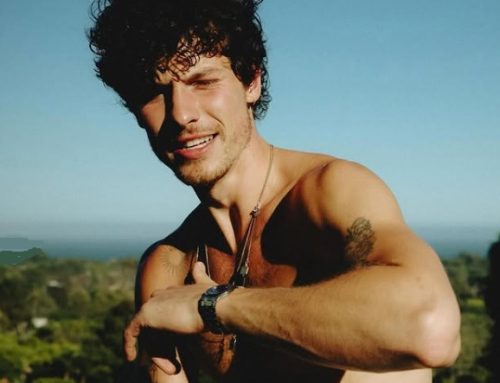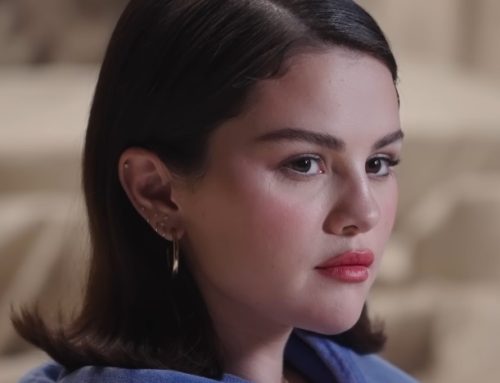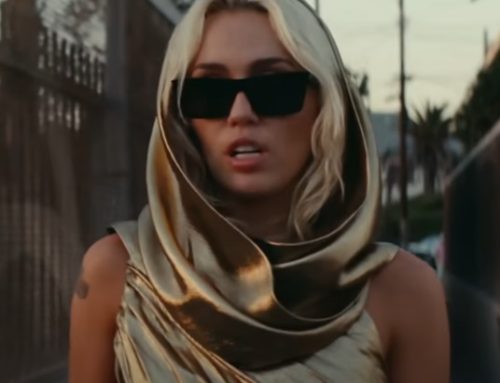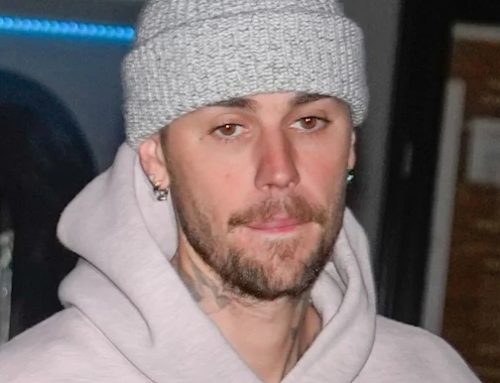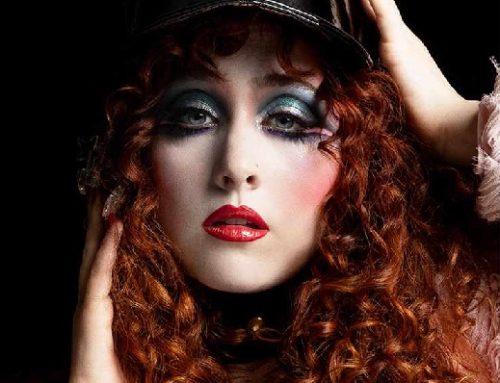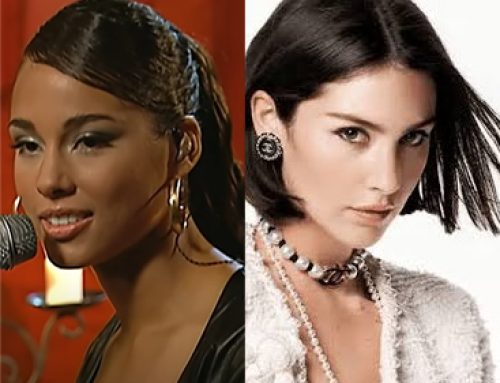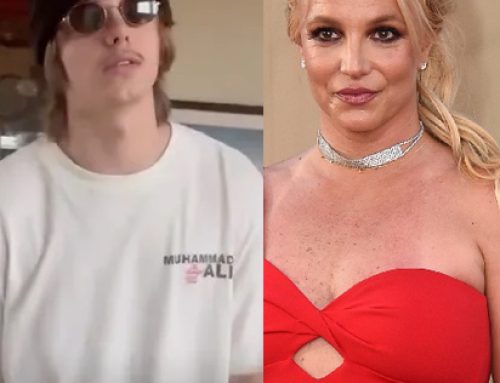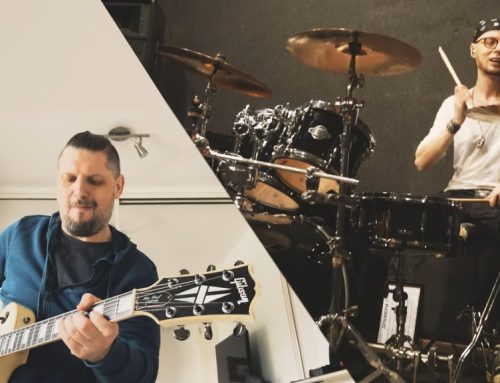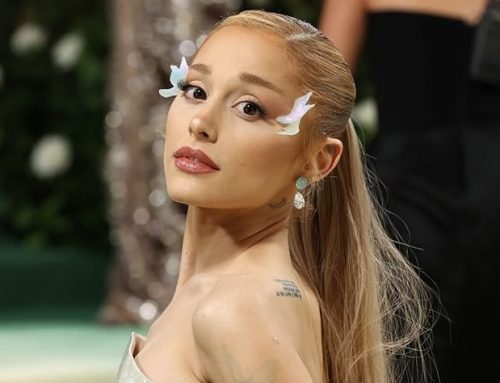‘Everybody was making bull–t-ass kid records — we gave him real songs.’
Somewhere in Frank Ocean’s possession may sit a plaque commemorating a Platinum-certfied album that even the biggest Ocean fans might not know he contributed to.
The plaque wouldn’t be for the Billboard 200 topping Blonde or his highly-acclaimed major label debut Channel Orange; it instead celebrates the over 1 million sales and career-shaping success of a once-budding teen pop star Justin Bieber, who 10 years ago this week (Nov. 17, 2009) released his debut EP My World.
Ocean, then known and credited as songwriter Lonny Breaux, was one of the project’s 27 credited writers (including Bieber) and co-penned the project’s fourth track, “Bigger,” for the then-15-year-old Canadian YouTube heartthrob. He and Grammy-nominated songwriter and producer Dapo Toromiro recorded a demo for the track with production duo MIDI Mafia (responsible for 50 Cent’s second Hot 100 No. 1 single “21 Questions”).
But Torimiro says he wasn’t convinced at the time that he and Ocean were writing for a future pop sensation in Bieber. “My girlfriend was like, ‘This kid is going to blow up.’ I was like, ‘Eh.’ And she said, ‘No, I’m telling you. This kid is going to blow up,” Toromiro says laughing. “And once he did, I was like, ‘I guess you were right.’”
The project introduced the world to a prodigious teen artist who, in just a few months, would watch his debut project chart in 14 countries and reach No. 1 in his home country of Canada, thanks to his unrelenting manager Scooter Braun and the help of the Internet. My World peaked at No. 5 on the Billboard 200 and its lead single, “One Time,” gave Bieber his first-ever top 20 hit, peaking at No. 17. Soon after, he found himself with his own concert documentary featuring selections from the EP, and a follow-up single, “Baby,” which took Bieber to No. 5 on the Hot 100.
But creatives behind the project now admit they didn’t walk into the studio 10 years ago with the intention of making music geared toward a young audience. Rather, they worked as they would for any artist, some even with the intention of keeping tracks for themselves, and allowed whatever changes to be made in the final steps of production: vocal flourishes, some lyrical alterations and — of course — pitching an instrumental up to match the young singer’s developing voice. Those who met Bieber commended his in-studio work ethic and poise in front of a camera for the cover shoot and those who didn’t were still impressed with his artistry.
“I had not heard of Justin at that point and wasn’t aware of who he was,” Pamela Littky, the album cover photographer, says. “When the record label called me about photographing a kid as young as Justin was at the time, and even though he was super cute and uber talented, I never would have guessed he would have blown up to be the mega star he became, mainly because statistically speaking, it just doesn’t happen often.”
Littky, a photographer who worked with Island Def Jam before, says the label brought her in thinking she’d be a good fit for Bieber’s second-ever photo shoot. She said Bieber, despite being relatively new to being in front of a camera, looked pretty comfortable. At one point, Usher came to the shoot and Littky compared his appearance on Venice Beach — where the crew was hoping to capture some “California sunshine” for the album cover — to an appearance from The Beatles, which became a bit distracting.
Producer James Bunton of production duo The Movement remembers cooking up Bieber’s first single off the project. Bunton was responsible for the “first draft” of “One Time”: a debut single that helped spread the initial wave of Bieber Fever and was ranked at No. 89 on Billboard’s 2009 year-end Hot 100 list. The track, released in July 2009, was Bieber’s first hit and a collaboration with mega-producers Tricky Stewart and The-Dream (Beyonce’s “Single Ladies”).
While it’s now synonymous with Bieber’s signature music video “hand heart,” it wasn’t always intended to be made for a teenager. Before Bieber’s vocals ever hit the track, that first draft was, as Bunton recalls, a completely different record. “When we were in Atlanta, we kind of redid the whole record,” Bunton says. “We liked the concept, [but] the first draft of the record was different. It was way more Carribean.”
Bunton says when he and musical partner Corron Cole entered RedZone’s Triangle Sound Studios in Atlanta to continue the production, the “birth of ‘One Time’” finally took place. It was there where a representative for record executive L.A. Reid noticed the track and thought Bieber would be a perfect fit. After a few months of tweaking, Bieber’s vocals finally landed on the instrumental.
And while he never shared studio space with Bieber, Bunton can’t forget the first time he heard the completed track. “Someone hit us and they sent a snippet of the record. It was crazy because it was pitched up like maybe two steps. It was way higher. We were like, ‘Whoa,’ since his voice was so high,” Bunton laughs.
Bunton remembers when the record took off, but he admits he felt it could’ve sold more than it did had it not been Bieber’s first single. “There was just something already about him. I don’t even know if it was the record — I just think he had some type of appeal that people really got into,” Bunton says. “It felt like, a lot of times, he was bigger than the records.”
Bruce Waynne, one half of production duo MIDI Mafia, wishes he and his musical partner Dirty Swift had a shot at the lead single, but he’s still grateful he helped orchestrate My World, bringing in his team of producers and writers, which included the pre-Odd Future Ocean.
He admits he didn’t hear of Bieber before getting on a call with Braun. MIDI Mafia only agreed to help, Waynne says, because of Bieber’s Canadian background, something the young singer and Swift had in common. “Everyone was like, ‘Why are you working with this 14-year-old kid? His voice is changing, it’s never going to come out.’ We were like, we don’t give a f–k, he’s Canadian. We have to do this.” In the studio, Swift helped set up Bieber’s Twitter account — which has since racked up over 107 million followers.
Waynne, who also worked with Ocean on Notalgia, Ultra and Channel Orange cuts, remembers the R&B singer contributing four or five tracks to the sessions — two of them being “Bigger” and unreleased track “Mama’s Boy” — and MIDI Mafia creating nine in total in four or five days, setting the “direction” of the project. Waynne says Bieber, who was “fast” in the studio, approached “Bigger” differently than Ocean, who led vocals on the demo. “They both had two differnet swags. Frank knew what he wanted to do and how he wrote songs. It was all already in pocket… Justin just took that and did his own thing to it.”
“Bigger” marked Torimiro’s first time working with Ocean, who he immediately saw something special in. “I knew he was going to be a successful songwriter, but he was an incredible singer, too. Those are the ingredients,” Torimiro says.
Writing with Ocean was easy, Torimiro remembers, and the two were never intimidated by creating a song for Bieber and his younger audience. “I learned, if you write for a kid, never write like you’re writing for a kid,” Torimiro says. “You just make sure that the subject matter is relatable; it’s something that they talk about. But don’t write it for a kid.”
Waynne agreed. “Everybody was making all these bulls––t-ass kid records,” the producer now says. “We gave him real songs. They were older than him, but young enough to sing. Records like ‘Bigger,’ records like ‘Overboard.’”
Waynne remembers the project almost being called Overboard, but the excitement around the project and deluge of music from those who wanted to be involved, led to the project being cut into two projects: My World, and the 2010 Billboard 200-topping studio album My World 2.0.
Carlos Battey, half of production duo The Jackie Boyz, was also brought into the My World sessions by MIDI Mafia and wrote track three, “Down to Earth,” about the strain on his family relationship between his daughter and ex wife. He soon found out Braun was interested. “At first, I was a little apprehensive, it was a personal song,” Battey says.
Battey changed some lyrics in the track to match Bieber’s own family situation. “At this point, if [Braun] believes in him, I believe in him, so I think this could work,” Battey says. “It just felt like a great song regardless of who was going to sing it.”
He remembers hearing Bieber’s vocals over the track for the first time and feeling the emotion through his speakers. And even more so, he remembers taking his daughter to the premiere of Bieber’s documentary Never Say Never, featuring Bieber singing the track to a sold-out Madison Square Garden.
“It was pretty amazing,” he says. “She cried. I cried. Watching this young artist fulfil all his dreams was amazing. And watching my dreams come true was great as well.”
Waynne says the success of My World — and Bieber’s inevitable success — was easy for him to predict. “You knew it was going to be big. We knew it was going to be big because we were a part of big things,” Waynne says. “Everything seemed to be lining up. Def Jam had nothing to lose. When you have nothing to lose, you usually win.”
And looking back at the project 10 years later, he’s glad he contributed to the start of something great. “All the success that Justin, Scooter and those guys are having, pertaining to Justin, it feels good to know that we were part of that foundation,” Waynne says. “Those albums are the shoulders that they stand on. If those didn’t do well, you wouldn’t have anything else.”


